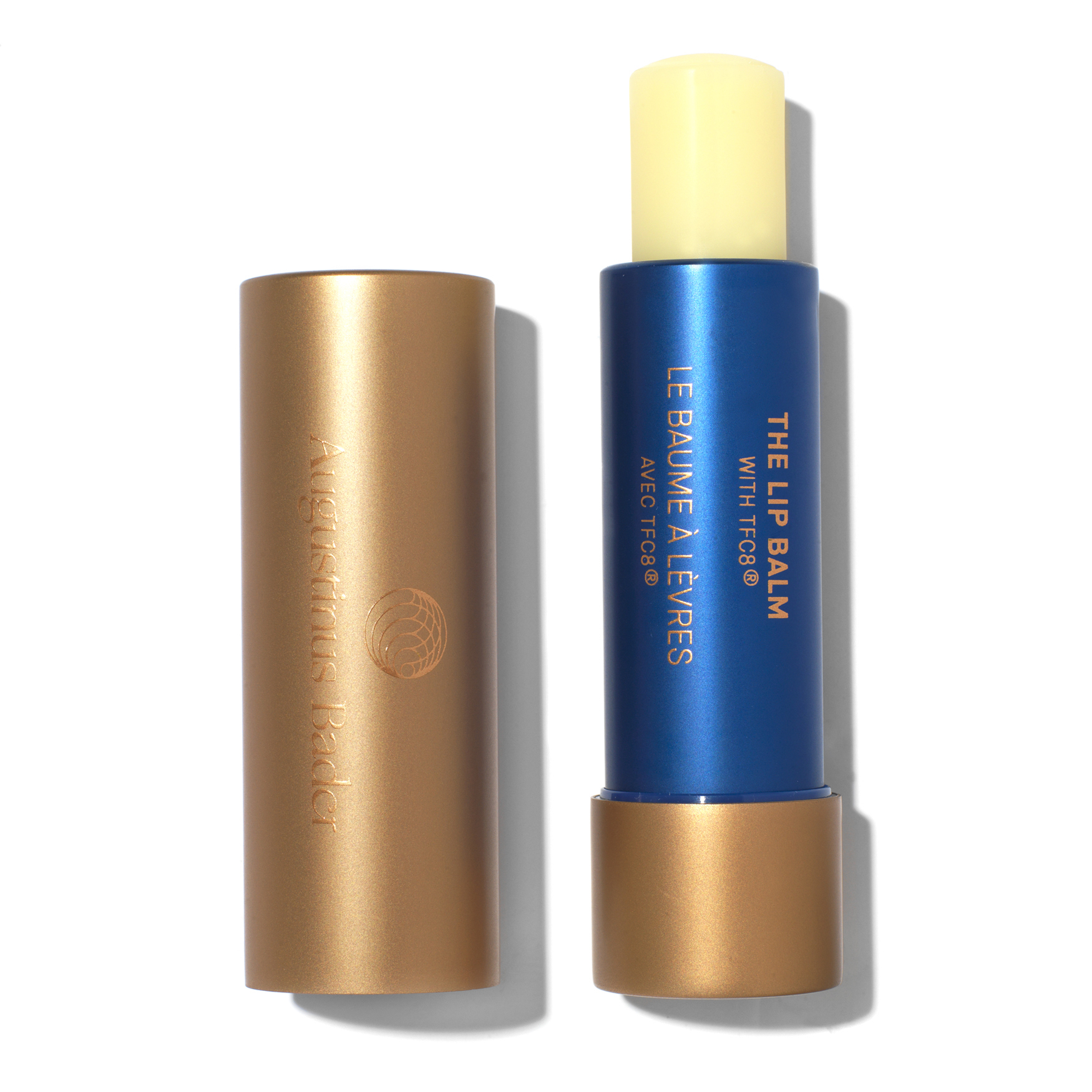This affordable skincare ingredient massively calms redness and inflammation—I’m mad I didn’t know about it sooner
A true unsung hero
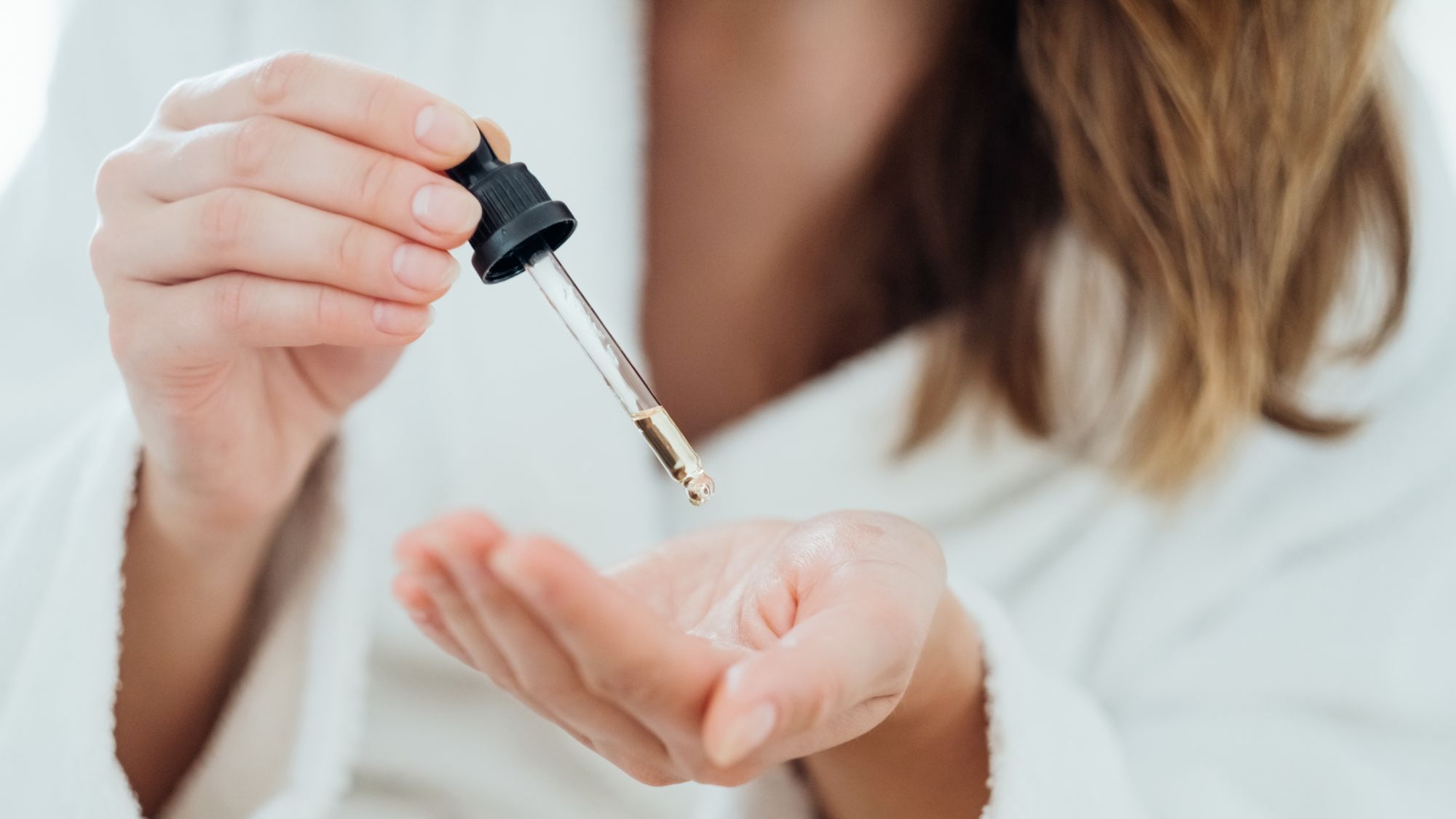

One of my skincare resolutions for this year is to treat my skin more like I'd treat a baby's. As a beauty editor, I am essentially a human guinea pig—testing all kinds of actives and acids—basically, all of the harshest (but most rewarding) products I can put on my one precious face. But this year, I'm trying to pay more attention to my oft-forgotten skin barrier, and generally pivot more towards nourishing and soothing products.
One naturally derived ingredient that has caught my attention is bisabolol. While you may not have heard of it, or know how to pronounce it (bisa-bo-lol), this is an under-the-radar skincare hero, which may already be in some of your favourite skincare, make-up and hair-care products. Only this morning I was surprised to find that it's an ingredient in my all-time favourite lip salve, the Aquaphor Healing Ointment. And what's more, per Google, global searches for this ingredient have been up 100 per cent over the past year.
"The current trend in skincare is moving toward natural ingredients that promote wellness and are gentle on sensitive skin," board-certified dermatologist and MOHS surgeon, Dr Angela Brimhall tells Marie Claire UK. "We're noticing that bisabolol's reputation for being effective in calming irritation and redness has really been resonating with consumers right now."
What is bisabolol?
"Bisabolol is a natural compound primarily derived from the essential oil of the chamomile plant," says Dr Brimhall. "It is known for its soothing and anti-inflammatory properties and promotes healing and balance within the skin."
At first glance, you may think bisabolol sounds similar to other hot-button ingredients like niacinamide and hyaluronic acid, but there are differences. "Niacinamide is celebrated for its ability to regulate oil production and improve skin texture while reducing redness, and hyaluronic acid excels in hydration. But bisabolol stands out for its ability to do both," explains the dermatologist.
"It's also generally non-abrasive. This means it complements your niacinamide and hyaluronic acid products without causing irritation. So, whether you're using it in the form of a serum, a cream or an oil, it is an excellent addition to a holistic skincare routine. Bisabolol is also generally safe for daily use, morning and evening, depending on your skin’s needs."
Is bisobolol anti-inflammatory?
It is indeed. Bisabolol works as a dual-action ingredient, being both a natural anti-inflammatory and anti-microbial agent. This means that it is particularly effective when it comes to reducing redness, calming irritation and accelerating skin repair. Because it supports skin regeneration, it's also useful when it comes to minor wounds and post-procedure care, and likewise, for those who have chronic skin conditions like eczema and rosacea.
Marie Claire Newsletter
Celebrity news, beauty, fashion advice, and fascinating features, delivered straight to your inbox!
"It can also assist in reducing the severity of acne and other skin infections, and on the other end of the spectrum, it enhances skin hydration by improving the skin barrier function," adds Dr Brimhall. "There is also evidence of photo-protective effects, so it may help protect against UV-induced skin damage."
Now, this is a little science-y, but it's worth understanding that bisabolol has a unique molecular structure, which allows it to penetrate deep into the skin. This means that it can deliver its benefits directly to the target areas in the dermis.
Who is bisabolol for?
Generally, Dr Brimhall explains that bisabolol is an incredibly versatile ingredient, which makes it an excellent choice for a variety of skin types and concerns—the primary being sensitive, acne-prone, dry, inflamed or irritated skin.
But, if you have oily skin or live in a humid climate, you may find bisabolol to be too heavy and claggy on the skin. And of course, if you have specific allergies or sensitivities to chamomile or related plants, steer clear.
Can you use bisobolol with vitamin C and retinol?
While it's sometimes difficult to know what ingredients to pair with each other, using bisabolol is pretty straightforward. It works well with both vitamin C and retinol, and what's more, "it can help minimize the irritation that these anti-ageing ingredients may cause, making them more tolerable."
Best skincare products including bisabolol
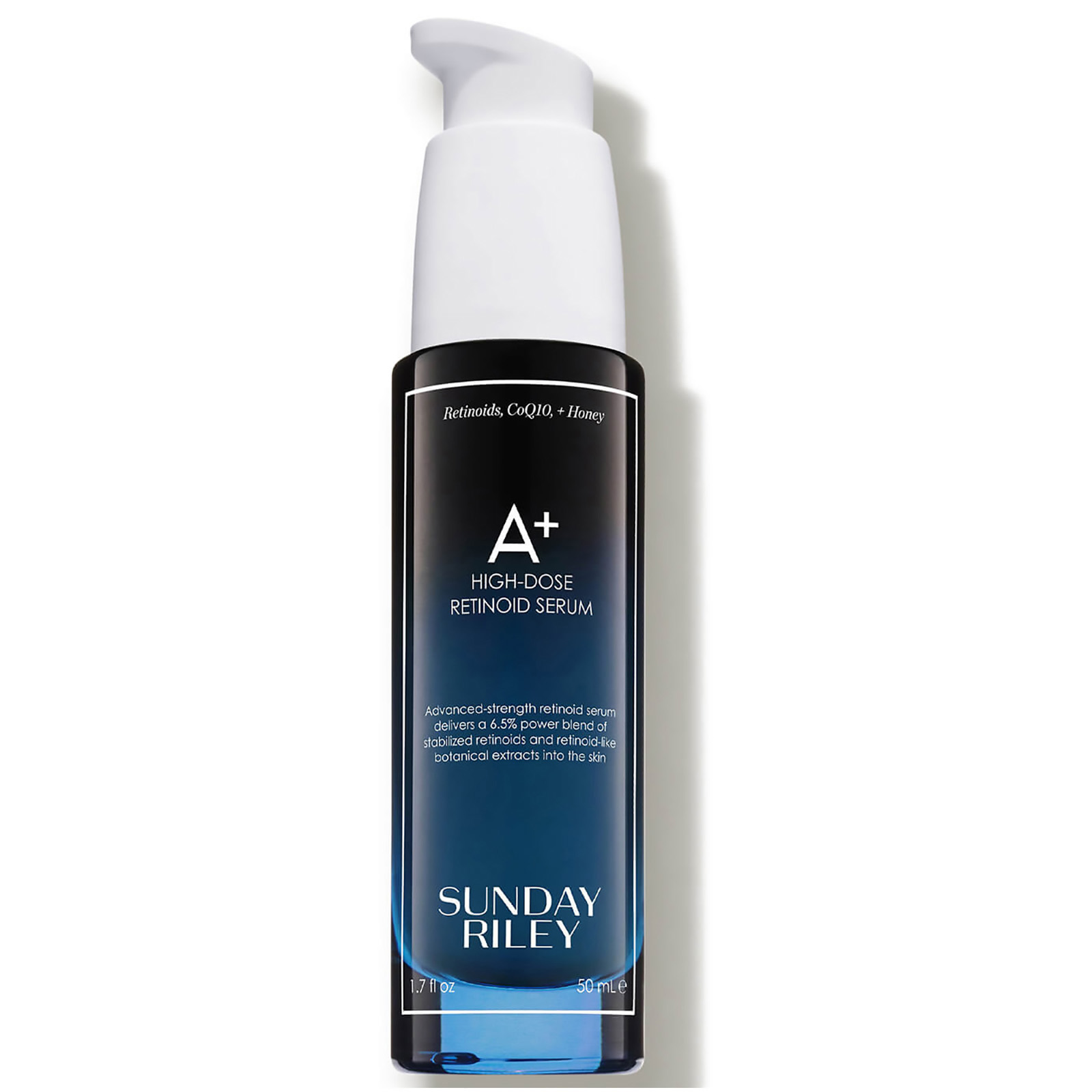
While many people find retinol to be harsh, the addition of bisabolol can help mitigate irritation

An excellent choice for those who struggle with redness and inflammation
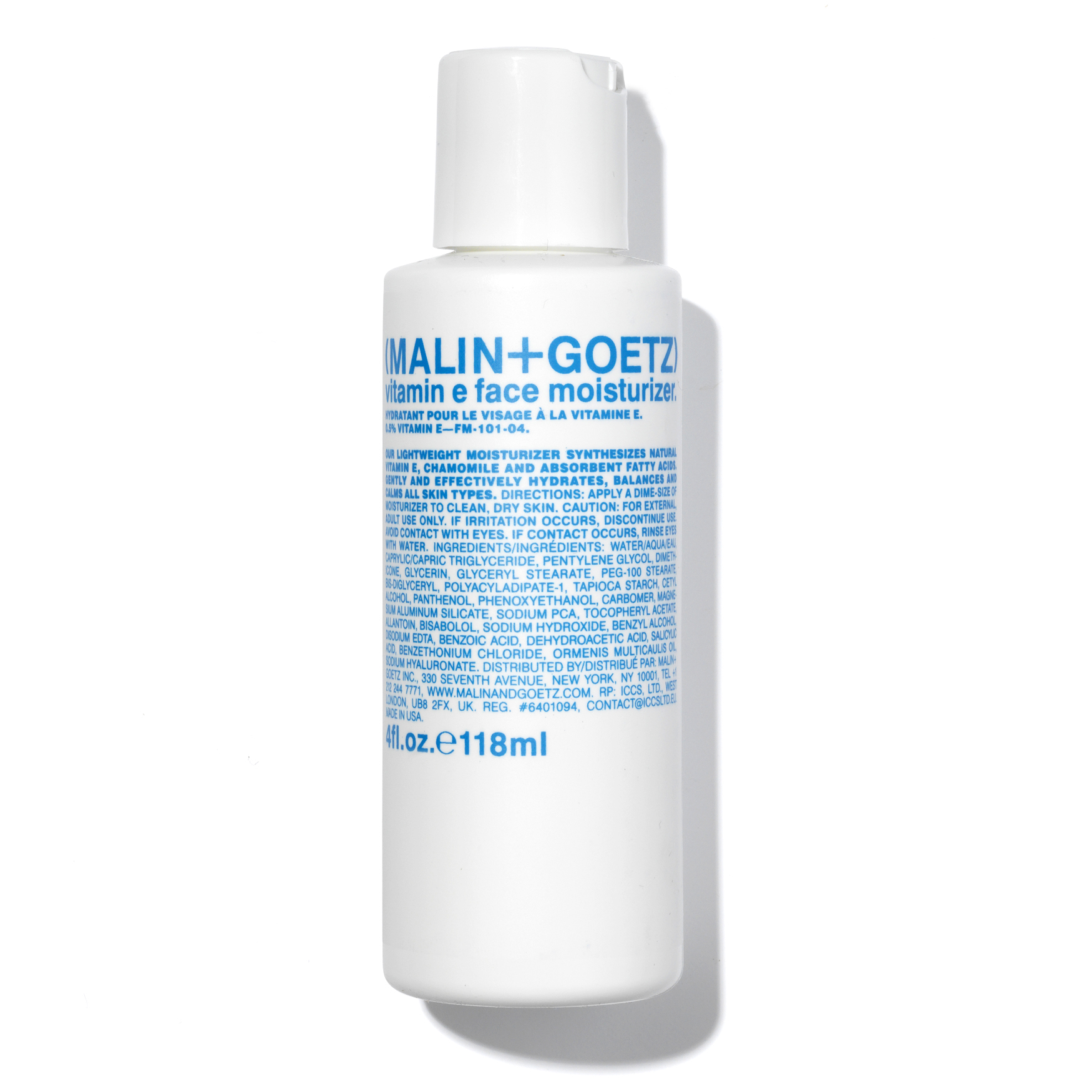
As well as containing Vitamin E, which helps protect the skin barrier, this moisturiser is incredibly soothing, thanks to the addition of bisabolol

Nessa Humayun is the Junior Beauty Editor at Marie Claire UK. With over eight years of editorial experience across lifestyle sectors, Nessa was previously the Editorial Lead of HUNGER Magazine, and has bylines in British Vogue, Dazed, and Cosmopolitan. A self-confessed human guinea pig, Nessa covers everything from product must-haves to long-reads about the industry writ large. Her beauty ethos is all about using products that work hard, so you don't have to.
-
 Penn Badgley and Blake Lively kept their breakup a secret from the Gossip Girl cast and crew - here's what we know about their former relationship
Penn Badgley and Blake Lively kept their breakup a secret from the Gossip Girl cast and crew - here's what we know about their former relationshipBy Jenny Proudfoot
-
 Spring has finally sprung - 6 best outdoor workouts that are totally free and boost both body and mind
Spring has finally sprung - 6 best outdoor workouts that are totally free and boost both body and mindSoak in the nature and boost Vitamin D *and* endorphins.
By Anna Bartter
-
 This iconic rose perfume is a compliment magnet—it makes me feel ‘put together’ after just one spritz
This iconic rose perfume is a compliment magnet—it makes me feel ‘put together’ after just one spritzGrown-up and elegant, yet not at all dated.
By Denise Primbet
-
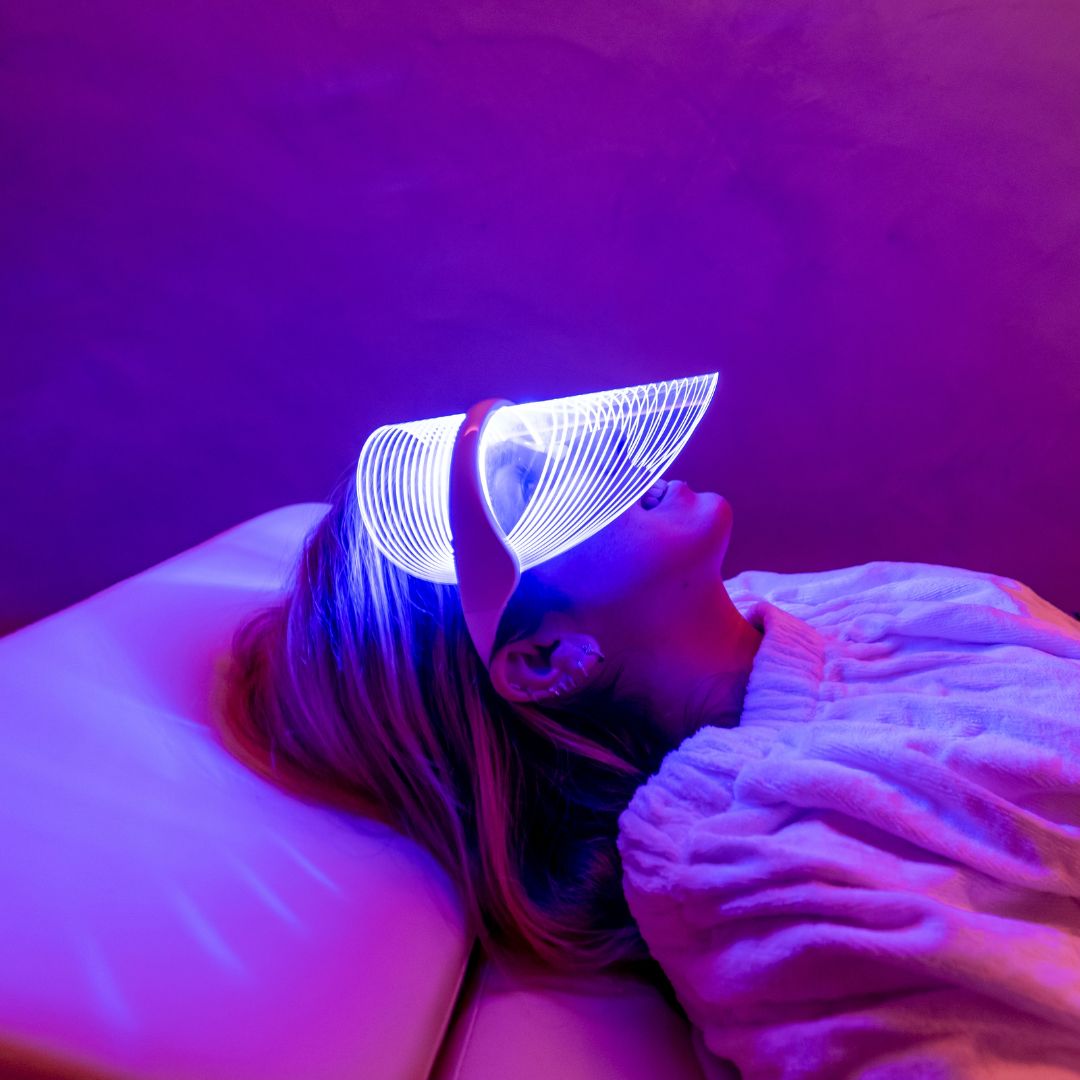 I've tried a lot of beauty tech in my time, and these are by far the best skincare devices for treating acne
I've tried a lot of beauty tech in my time, and these are by far the best skincare devices for treating acneBreakouts be gone
By Amelia Yeomans
-
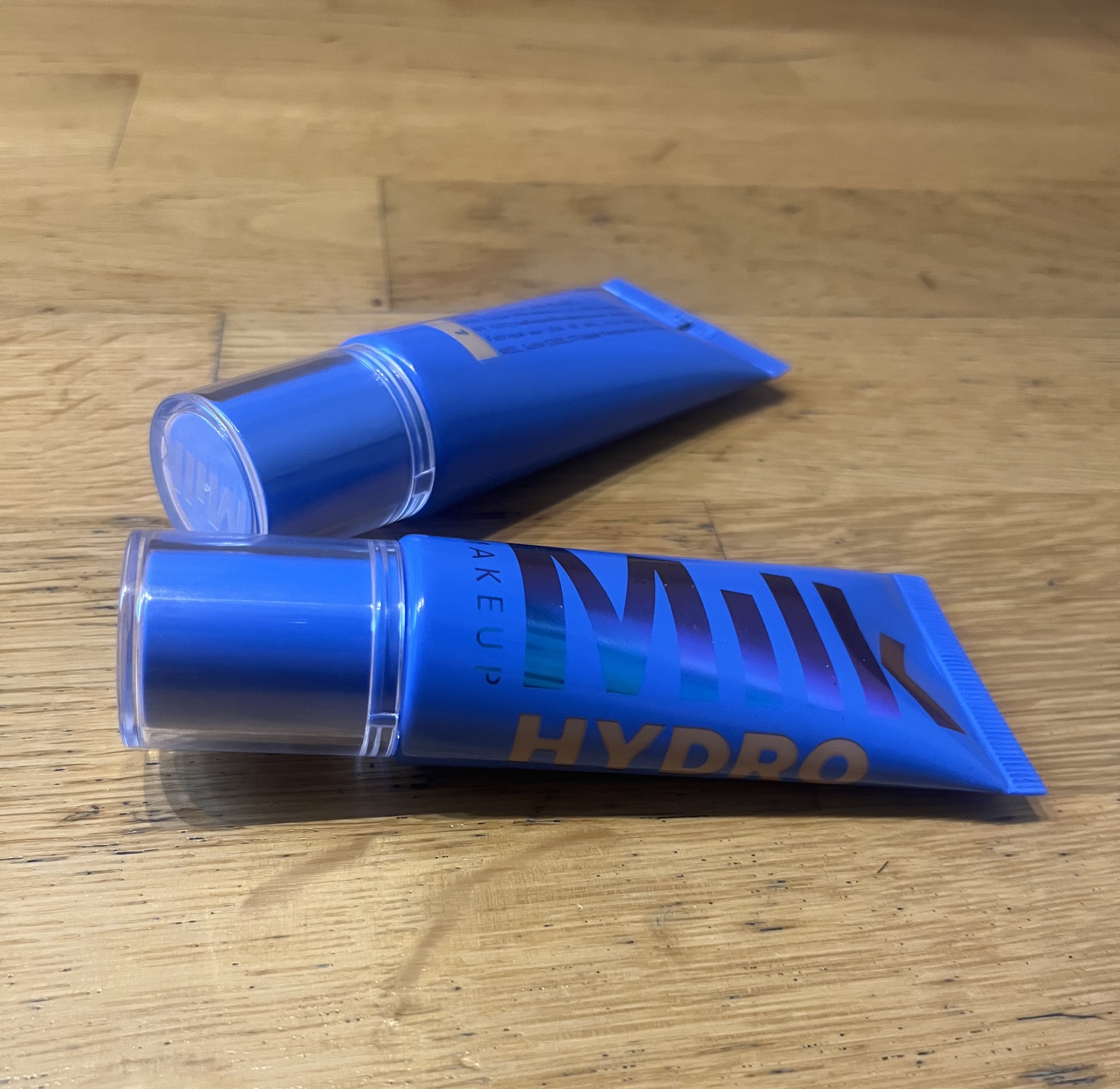 I broke my three-year no-foundation streak for this ‘gel tint’—it has the most unique, long-lasting formula
I broke my three-year no-foundation streak for this ‘gel tint’—it has the most unique, long-lasting formulaIt's now a make-up bag staple
By Nessa Humayun
-
 Sick of your skin looking dull? I wholeheartedly recommend these tanning face drops for an unrivalled glow
Sick of your skin looking dull? I wholeheartedly recommend these tanning face drops for an unrivalled glowHonestly, they revive me
By Rebecca Fearn
-
 After years of gel manicures, my nails are dry, brittle and flaky—here’s what top techs advise for a total reset
After years of gel manicures, my nails are dry, brittle and flaky—here’s what top techs advise for a total resetA saviour after too many trips to the salon...
By Rebecca Fearn
-
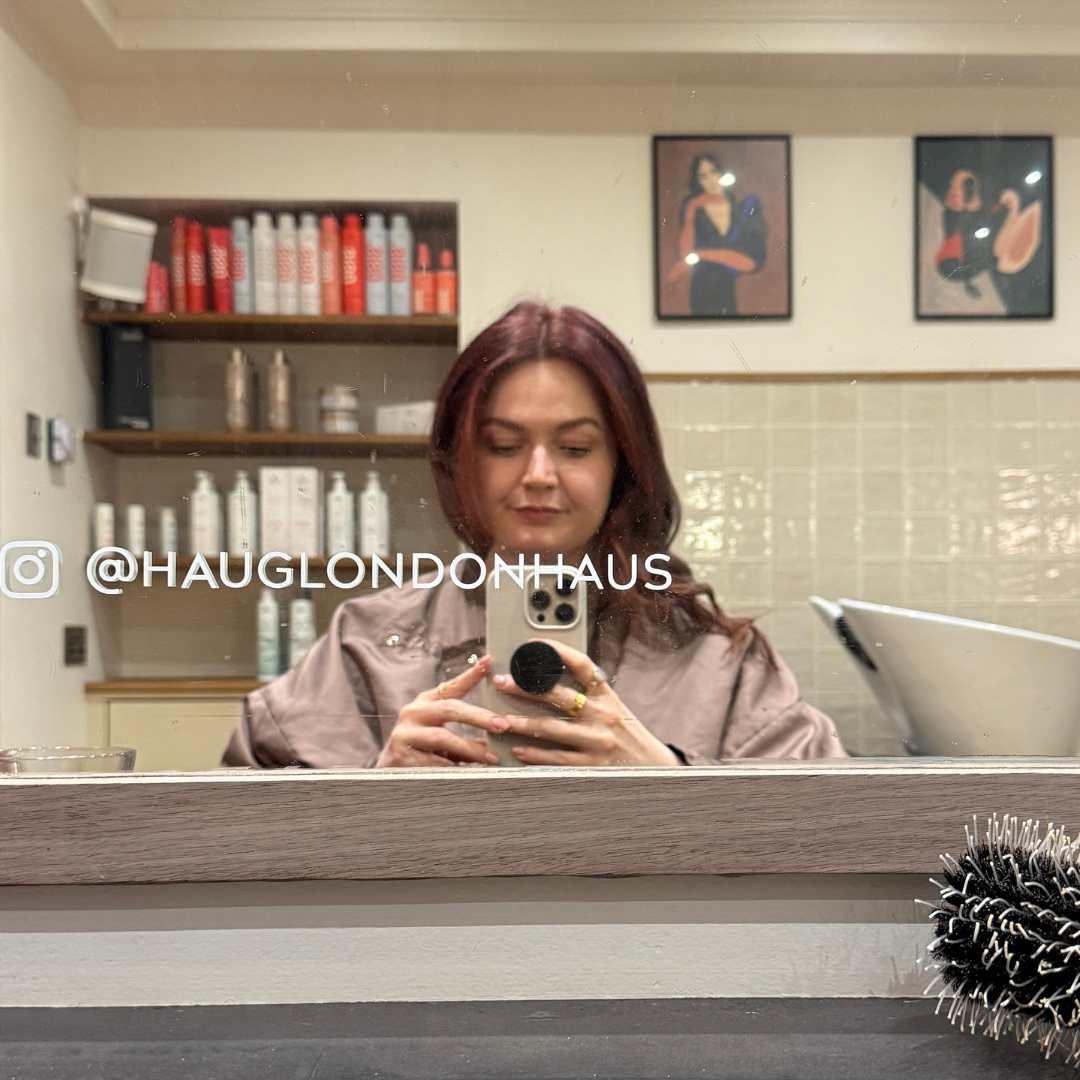 I test heat tools for a living, so I got a hair X-ray to assess the damage—safe to say, I was surprised by the results
I test heat tools for a living, so I got a hair X-ray to assess the damage—safe to say, I was surprised by the resultsI've learnt what really works...
By Lucy Abbersteen
-
 These top hair experts just revealed their 9 favourite hair colours for over-50s—they are the epitome of chic
These top hair experts just revealed their 9 favourite hair colours for over-50s—they are the epitome of chicThink rich coppers, creamy blondes and mocha mousse
By Rebecca Fearn
-
 It's my job to track emerging new hairstyles—I predict that the 'pullet' is Spring's biggest trend
It's my job to track emerging new hairstyles—I predict that the 'pullet' is Spring's biggest trendIt's giving 00's throwback
By Nessa Humayun
-
 I was sceptical about LED eye patches—consider me converted as they make me look *so* well-rested
I was sceptical about LED eye patches—consider me converted as they make me look *so* well-restedThey've also helped my perioral dermatitis
By Tori Crowther
